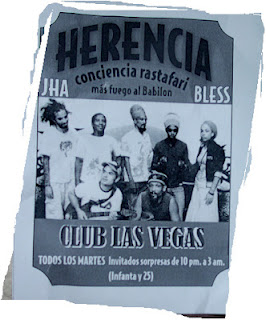 To whom it may concern:
To whom it may concern:
I, Hector Riscart Mustelier, declare in writing what really happened on Wednesday, November 16, 2011.
We left the “National Cabaret” where we were working — the Herencia group — a reggae band of which I am the director. We were Adrian (props), Daniel (drummer), Zenén (sound engineer) and myself; we crossed the corner of Prado and San Jose, when we were stopped by an officer with badge number 44777 who asked for our ID cards.
We went along Planta, where they told us we couldn’t continue, but Zenén didn’t have his ID, and then we began to explain that we are musicians, we were coming out of la Peña, we worked there every Tuesday, and then comes another officer called Duruti stopping us from behind. As I was carrying a bag with a DVD, the officer 44777 asked to search us, and went through everything, the bag, pockets, everything.
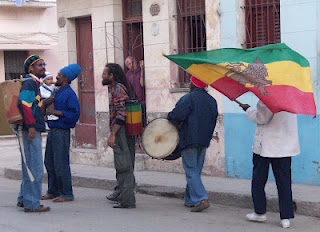 He tells us that we can continue. We are preparing to leave when another comes along, # 45717, and he wants to see our IDs and search us again. We explained that the other officer had searched us and everything else, but he was a little aggressive. He said to put our hands open on our heads.
He tells us that we can continue. We are preparing to leave when another comes along, # 45717, and he wants to see our IDs and search us again. We explained that the other officer had searched us and everything else, but he was a little aggressive. He said to put our hands open on our heads.
I started to tell him that the public was still coming out of this show and we didn’t want them to pass us on the street, and he put me in handcuffs and took me to the station, what was a violation, they can’t search you on the street of the person detained doesn’t agree to it, the Constitution doesn’t say they can do that, and he, violating everyone, assaulted me, taking me by the neck and hitting me from behind, he ripped my shirt and, as I was lying on the ground he put on the handcuffs.
And my white turban was on the ground, it fell off in the struggle. He lifts me up and at that moment the patrol car came. I was very insulted, like my colleagues, who would not allow such abuse and also scuffled with police and that is why they also put Zenén in the car. While in the patrol car, I see Duruti and 44777 speaking separately. Then 44777 comes to the car and says something to the driver which I could not hear because we were still talking to 45717.
 When we got to the Dragones Station, they tool my bag and soon three officers came who were talking softly with the Duty Officer. We were sitting on the bench.
When we got to the Dragones Station, they tool my bag and soon three officers came who were talking softly with the Duty Officer. We were sitting on the bench.
Seeing the delay I thought it was a problem with the DVD, but when we paid attention, we heard the Duty Officer telling 45717, “You accuse them, you’re in the Party, and no one will doubt you.” So they were plotting right in everyone’s face.
Suddenly, they begin to accuse us of having drugs, and we began to argue with them about them seeing they were lying, and it begin with the story they told of my hair. It’s a lie, but a very big lie, because the whole world say when my turban fell of and there was nothing in it, and they approached it and didn’t pick up anything, not on the floor, not on my head, there are witnesses to that, by God …!
They didn’t even pick up the turban, there was a brother and witness who picked it up and gave it to me in the patrol car, and this must be clearly seen in the security cameras that were filming the place. I demand that these films, that should serve the security of citizens, appear. There can be no confusion, all my clothes were white, easy to see at night, every movement must be recorded.
To continue, they continued with their offenses and there was an official with no badge with black skin showing a lump of something wrapped in nylon and he said it was drugs, accusing me and making all officers believe that it was mine.
Soon came the experts and they took me up, I was very upset to see the trap and the injustice. I knew things were happening in this country, but I had never lived something like this. I did not speak another word. I knew I needed a lawyer from this point, they kept laughing at me and accusing me to make it a reality.
After a while, an official of the rank of Major woke up, dressed in dark green and he starts to accuse me of the same, even says that the proof is that the drugs were in the group’s papers, and that’s when I realize that bag they had, that they had asked me for, had some promotional invitations of the group’s DVD, which they obviously manipulated (this must have been down in the folder, before the arrival of the experts) and they continued to accuse me, but I kept quiet, I just said I wanted to testify in the presence of an attorney.
Every minute that passed the plot grew. Soon, the official from DNA came, we talked and he left. Later the man from the San Miguel del Padron DNA comes, with whom I had a discussion. Before, years ago, he worked in Central Havana and wanted me to work for him, and he even gave me his phone number. I gave him some pamphlets to learn about our way of life and philosophy and African cultural philosophy, clarifying that our idea is the unification of our race, spiritual prosperity, peace and love in everything and for all, but the police and government vision is that we are only blacks, difficult and drug addicts, and we are always persecuted and repressed by the police elements of this country.
To this official called (I think) Yoandris, it became clear that I would never work for him, he told me that in 2005 one day I would regret it and he would retaliate, but I didn’t pay attention to his threats and I never saw him again. Now he comes angry, and saying, as if it’s a joke (I quote), “So you took drugs. There’s a shitload of money in drugs…!”
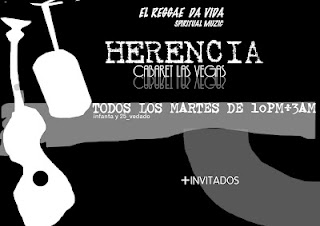 What kind of thing is that for the chief of the national anti-drug department to say?! He said, “Surely you have every luxury at home.” The whole world knows how we live, my mother and my wife in the same house. He was accusing me and provoking me. I just opened my mouth to say, “Liar, you’re saying that because I wouldn’t work for you guys.”
What kind of thing is that for the chief of the national anti-drug department to say?! He said, “Surely you have every luxury at home.” The whole world knows how we live, my mother and my wife in the same house. He was accusing me and provoking me. I just opened my mouth to say, “Liar, you’re saying that because I wouldn’t work for you guys.”
Then they took me to the Picota Station where I was assigned an official named Yordanis as an investigator/interrogator. He urged me for days to testify, trying to fool me by saying he was going to investigate the matter carefully. I told him I had evidence to disprove the police, and that when I stated this in my own hand.
Today we know, from all that is in the file 826/11, that they have set a trap: they used my statement to accommodate the police, all well-organized lies, and today, for having made a statement, it cost me the only visual evidence I had in my favor.
Now the file has returned to the Station with the sole vision of arranging pretty much everything, that is, pointing out details that don’t fit to make it all perfect. They used my Mom to sign a receipt for the DVD that was never looked at, because they were so preoccupied in Dragones organizing their lies, they didn’t have any idea of looking at the DVD. They falsified the investigations with the Committee for the Defense of the Revolution (CDR). We have letters from the compañeros of the CDR where they say they didn’t verify anything, neither there in Cerro nor in Central Havana. They are also willing to testify in court.
Just because of the type of people we are, in the false investigation they say the worst things that can be said about a person. I know hardly anyone with cars or motorbikes, only a few and visit us very little. The motorbikes that come to visit my hallway come to see the two police investigators who are our neighbors.
 The compañero who appears now states, after the P4 that the prosecutor (called Ernesto) sent, suddenly he says that someone says I was selling at the Nacional, but in his initial declaration he said he had seen me “smoking.” They have perfected everything to incriminate me unfairly with the crime of trafficking, which I did not do, they are committing illegalities that not even the lawyer is brave enough to denounce.
The compañero who appears now states, after the P4 that the prosecutor (called Ernesto) sent, suddenly he says that someone says I was selling at the Nacional, but in his initial declaration he said he had seen me “smoking.” They have perfected everything to incriminate me unfairly with the crime of trafficking, which I did not do, they are committing illegalities that not even the lawyer is brave enough to denounce.
Back in 2003 they made me serve an unjust sentence for trafficking that was reported, but nothing happened about it. Now it turns out that I am running a grow op and we are all asking: Where is it? What’s happening? Why? Is it happening here in Cuba? Or are they going to deny inventing everything? Or is it better, before being fair and truthful, they are going to judge someone who has not committed any crime, who didn’t have any help but was still injured, because it is not for this that the security of the country is enabled. Of if they do, then there is injustice in Cuba, illegalities, corruption, manipulation, deceit, violation of human rights, abuse of power, discrimination and racism.
That’s all for now.
Rastafari.
April 2 2012


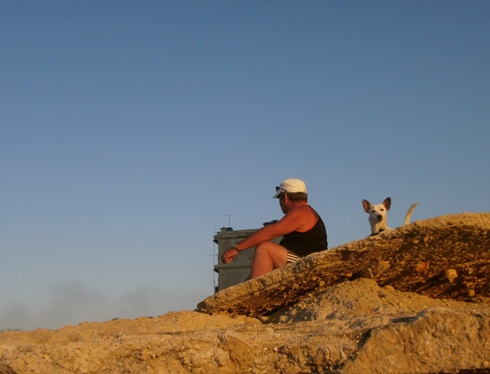
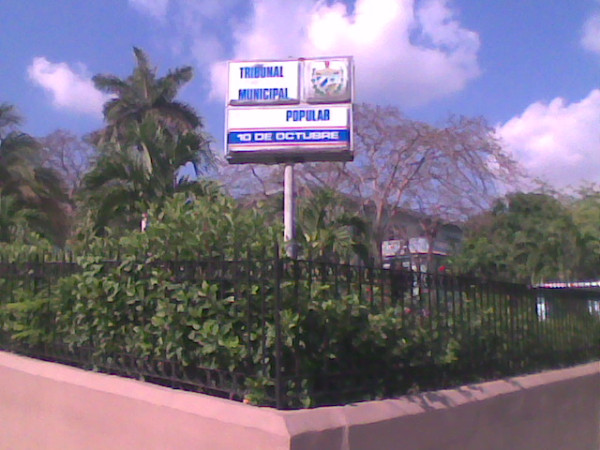






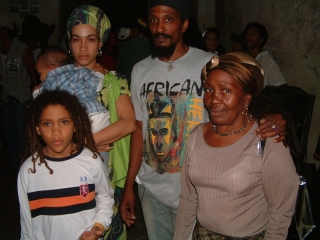

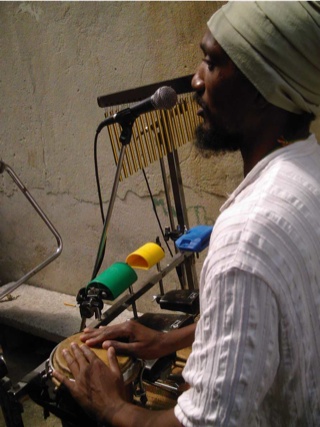



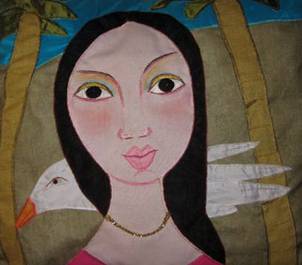
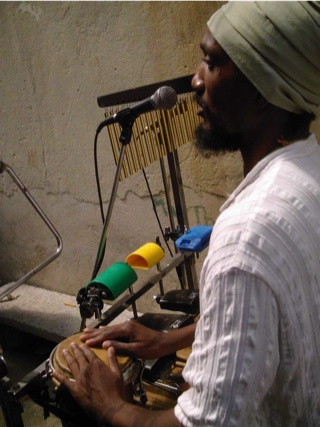
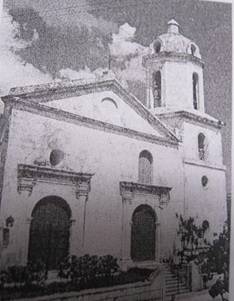
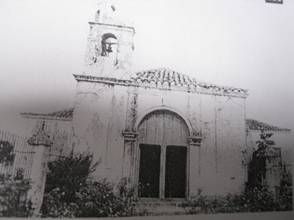
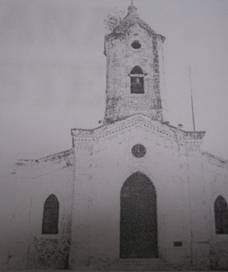
 Saturday morning. In the ration market butcher’s, a girl asked, almost begged, for the butcher to exchange the broken eggs he’d given out.
Saturday morning. In the ration market butcher’s, a girl asked, almost begged, for the butcher to exchange the broken eggs he’d given out.



